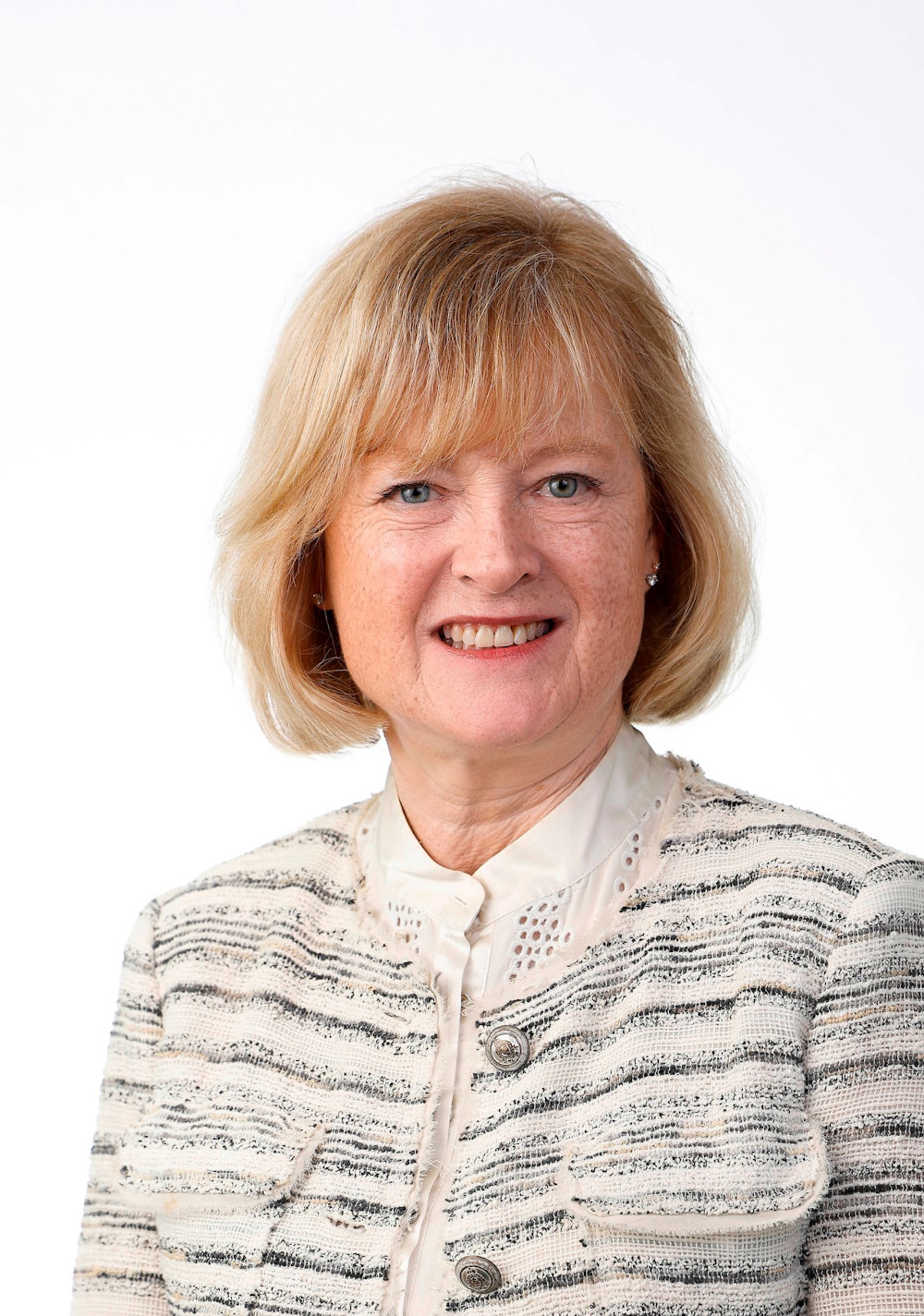MHC: Diversity decline in Irish aviation industry

Christine O'Donovan
Diversity in the Irish aviation industry appears to be stagnant and has in fact declined in recent years, according to Mason Hayes & Curran.
The business law firm today published its eighth annual survey of the industry, finding that almost two-thirds (64 per cent) said there had been no improvement in diversity at C-suite level in their organisations over the past 12 months, rising from 46 per cent last year.
A similar proportion (63 per cent) also reported no improvement at board level, up from 47 per cent in 2022.
Just nine per cent of boards in the aviation industry now meet a 30 per cent diversity target, a figure which has almost halved from 16 per cent in 2022.
Christine O’Donovan, chair of Mason Hayes & Curran LLP, said: “These statistics are a wake-up call. The aviation industry would benefit greatly by recommitting to diversity and inclusion, not just as a moral imperative but as a strategic business priority.
“The decline at board level is surprising and a bit troubling. It could have significant repercussions for Ireland’s aviation industry, where diversity of candidates and their experiences at board level are essential for good corporate governance.”
The firm’s survey was conducted during the summer of 2023 with a focus on diversity issues such as gender, ethnicity, religion and sexual orientation in the aviation industry.
The results show a modest increase in the number of organisations with a diversity and inclusion committee in place, up from 41 per cent to 43 per cent, but still notably lower than the 51 per cent reported in 2021.
Of those who don’t have a D&I committee, there has been a slight downturn in the conviction about its potential benefits. Nearly six in 10 (59 per cent) said their organisation would benefit from setting one up, compared to 66 per cent in 2022.
Ms O’Donovan said: “This dip could signal growing scepticism or a shift in focus — despite the established correlation between organisational diversity and better financial outcomes.
“It is crucial for companies to recognise not only the ethical imperative but also the substantial business advantages of fostering a diverse and inclusive environment, and to appreciate the business case for diversity to drive organisational change.”
The survey also highlights that work-life balance is the biggest challenge to career progression (44 per cent), followed by lack of support from the business (23 per cent), and market forces and competition (21 per cent).
“These findings reflect the ongoing struggle employees face in juggling professional and personal responsibilities,” Ms O’Donovan said.
“Aviation is a global industry and those engaged in transactional practices are subject to expectation of ‘always on’. To attract and retain talented professionals, aviation companies may need to rethink approach to work and culture and consider policies that offer more flexibility or alternative fixed working arrangements.”









